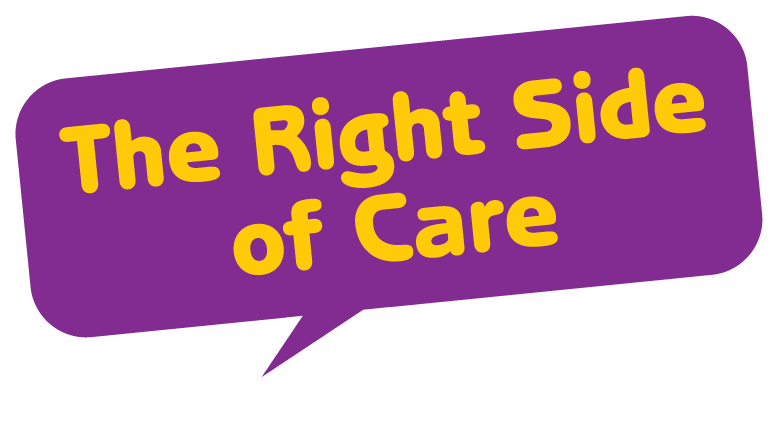Corporate parents
In order to thrive, children and young people have certain key needs that good parents meet. There are 7 things authorities should think about when looking after children and young people.
When you go into care your local authority becomes your ‘Corporate Parent’. This means the council must help you to grow up well and be happy, just like a parent should.
Everyone who works for the council is responsible. They need to make sure you are safe and get the best possible care. This duty is shared with other organisations that work with the council too. They include schools, health services and housing departments.
The role of corporate parents is to act as the best parents for each child they look after. They should:
- take action by speaking out on their behalf
- arrange for appropriate services to meet their needs
- stand up for them
- represent them as needed to ensure they grow up in the best possible way
At all times a good corporate parent should think about what is best for all children .
The law provides guidance to corporate parents and states that,
“In order to thrive, children and young people have certain key needs that good parents meet. There are 7 things authorities should think about when looking after children and young people". These are:
- to act in the best interests, and promote the physical and mental health and well-being, of those children and young people
- to encourage those children and young people to express their views, wishes and feelings
- to take into account the views, wishes and feelings of those children and young people
- to help children and young people get the best services from the council and its partners
- to promote high aspirations, and seek to secure the best outcomes, for those children and young people
- for children and young people to be safe, with stability in their home lives, relationships and education or work; and
- to prepare those children and young people for adulthood and independent living
Corporate parents in each local authority work together. They share responsibility for acting on behalf of the children and young people in their care.
